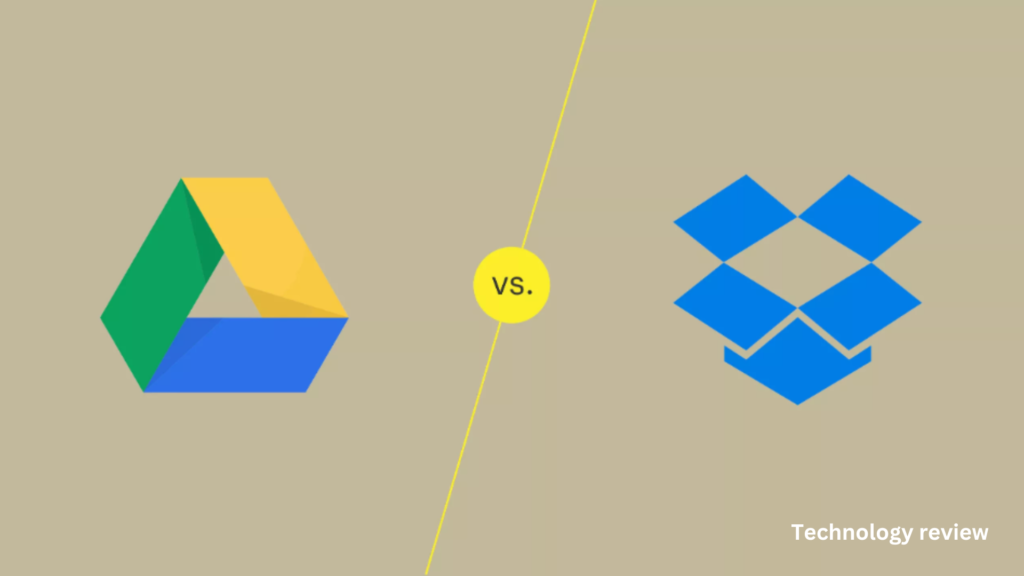How Secure is Cloud Storage in 2024? A Close Look at the Risks As you entrust more of your sensitive data to cloud storage providers, you may wonder just how secure your information really is in 2024. While cloud storage offers convenience and accessibility, it also introduces new risks and vulnerabilities. This article will examine the current state of cloud storage security, exploring potential threats and evaluating the safeguards in place to protect your data. You’ll gain insight into encryption methods, access controls, and emerging technologies that impact cloud security. By understanding both the risks and protections, you can make informed decisions about storing your valuable information in the cloud.
Understanding Cloud Storage Security Risks
Cloud storage has revolutionized the way we store and access data, but it’s crucial to understand the potential risks involved. As technology advances, so do the methods of cybercriminals, making it essential to ask: how secure is cloud storage in today’s digital landscape?
Data Breaches and Unauthorized Access
One of the primary concerns when using cloud storage is the possibility of data breaches. Hackers are constantly developing new techniques to infiltrate systems and gain unauthorized access to sensitive information. While cloud providers implement robust security measures, no system is entirely impenetrable.
Third-Party Vulnerabilities
Another risk factor lies in the involvement of third-party services. Many cloud storage solutions integrate with various applications and platforms, potentially creating additional entry points for malicious actors. It’s crucial to carefully vet any third- party integrations and understand their security protocols.
Compliance and Regulatory Challenges
For businesses, especially those in regulated industries, ensuring cloud storage compliance with data protection laws can be complex. As regulations evolve, staying up-to-date and maintaining compliance becomes an ongoing challenge.
User Error and Insider Threats
Surprisingly, one of the most significant risks to cloud storage security comes from within. User errors, such as weak passwords or accidental sharing of sensitive data, can compromise even the most secure systems. Additionally, insider threats pose a real risk, as employees with access to cloud storage may misuse or leak data intentionally or unintentionally.
Understanding these risks is crucial for anyone utilizing cloud storage technology. By being aware of potential vulnerabilities, users can take proactive steps to enhance their data security in the cloud.
How Data is Encrypted and Secured in the Cloud
Encryption at Rest and in Transit
When considering how secure is cloud storage, it’s crucial to understand the encryption methods used. Cloud providers employ robust encryption protocols to protect your data both at rest and in transit. At rest, your files are encrypted using advanced algorithms like AES-256, making them unreadable without the proper decryption keys. In transit, SSL/TLS protocols ensure that data remains scrambled as it moves between your device and the cloud servers.
Multi-Factor Authentication and Access Controls
Cloud storage security goes beyond encryption. Most providers offer multi-factor authentication, adding an extra layer of protection to your account. This technology requires users to verify their identity through multiple methods, significantly reducing the risk of unauthorized access. Additionally, granular access controls allow you to manage who can view, edit, or share your files, giving you complete control over your data.
Regular Security Audits and Compliance
To maintain the highest levels of security, cloud storage providers conduct regular audits and adhere to strict compliance standards. These measures ensure that the infrastructure and processes meet industry-leading security practices. As technology evolves, so do the security measures, with providers constantly updating their systems to protect against new threats and vulnerabilities.
Best Practices for Securing Your Cloud Storage in 2023
As technology evolves, so do the methods for protecting your data. Here are some essential practices to enhance how secure your cloud storage is in today’s digital landscape:
Implement Strong Authentication
Use complex, unique passwords for each cloud service. Enable two-factor authentication (2FA) whenever possible, adding an extra layer of security beyond just a password. Consider using a password manager to generate and store strong credentials securely.
Encrypt Your Data
Ensure your cloud provider offers end-to-end encryption. Additionally, encrypt sensitive files before uploading them to the cloud. This provides an extra safeguard even if your account is compromised.
Regularly Update and Monitor
Keep your devices and software up-to-date to protect against known vulnerabilities. Regularly review your cloud storage account activity and settings. Enable notifications for any suspicious logins or changes to your account.
Be Cautious with Sharing
Limit sharing permissions to only those who absolutely need access. Regularly review and revoke unnecessary sharing links. When collaborating, use secure file-sharing methods provided by your cloud storage service.
Backup Your Data
While cloud storage offers convenience, it’s wise to maintain local backups of critical data. This ensures you have access to your information even if your cloud service experiences downtime or security issues.
By implementing these best practices, you can significantly enhance how secure your cloud storage is, protecting your valuable data in an increasingly interconnected digital world.
How to Choose the Most Secure Cloud Storage Provider
When considering how secure cloud storage is for your data, selecting the right provider is crucial. Here are key factors to evaluate:
Encryption Standards
Look for providers offering end-to-end encryption and zero- knowledge privacy. This ensures your data is encrypted before leaving your device and remains unreadable, even by the provider. AES 256-bit encryption is the current gold standard in
the industry.
Data Center Security
Investigate the physical security measures at the provider’s data centers. Top-tier providers implement multi-factor authentication, biometric access controls, and 24/7 surveillance to protect against unauthorized access.
Compliance Certifications
Reputable cloud storage services should comply with industry standards like GDPR, HIPAA, or SOC 2. These certifications indicate a commitment to data protection and privacy practices.
User Controls and Features
Opt for providers offering strong user authentication options,
such as two-factor authentication and device approval. Additionally, look for features like remote device wiping and granular sharing controls to maintain tight security over your data.
Transparency and Track Record
Research the provider’s history of data breaches or security incidents. A company’s transparency about past issues and their resolution can indicate their commitment to security. Remember, when evaluating how secure cloud storage is, a provider’s reputation and proactive approach to technology updates are vital considerations.
The Future of Cloud Storage Security
As technology evolves, so does the landscape of cloud storage security. In 2024 and beyond, we can expect to see significant advancements in how secure cloud storage becomes, addressing current vulnerabilities and emerging threats.
Enhanced Encryption Protocols
The future of cloud storage will likely bring more robust encryption methods. Quantum-resistant algorithms are being developed to protect data from potential threats posed by quantum computing. These cutting-edge protocols aim to ensure that even the most sophisticated cyber attacks can’t compromise sensitive information. How Secure is Cloud Storage in 2024
Al-Powered Threat Detection
Artificial intelligence is set to play a crucial role in bolstering cloud security. Machine learning algorithms will continuously analyze patterns and behaviors, identifying potential security breaches in real-time. This proactive approach will significantly reduce the risk of data loss or unauthorized access.
Decentralized Storage Solutions
Blockchain technology may revolutionize how we approach cloud storage security. Decentralized storage systems distribute data across multiple nodes, making it virtually impossible for hackers to access or manipulate information. This innovative approach could redefine our understanding of how secure cloud storage can be. How Secure is Cloud Storage in 2024
As these advancements take shape, users can expect a more robust and reliable cloud storage experience. However, it’s important to remember that security is an ongoing process, requiring vigilance from both providers and users to stay ahead of evolving threats in the digital landscape. How Secure is Cloud Storage in 2024
Conclusion
As you consider your cloud storage options in 2024, remain vigilant about security risks while recognizing the significant advances in protection. While no system is impenetrable, reputable cloud providers now offer robust safeguards that often surpass on-premises solutions. By implementing strong passwords, two-factor authentication, and encryption, you can substantially mitigate risks. Stay informed about emerging threats and your provider’s security measures. Ultimately, the convenience and accessibility of cloud storage, combined with diligent security practices on your part, make it a viable and often preferable option for many users and businesses. As technology evolves, so too will cloud security, continually adapting to address new challenges in our interconnected digital landscape.



